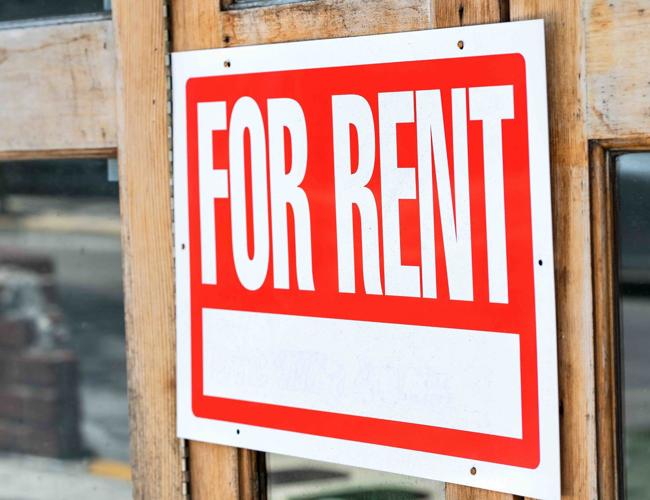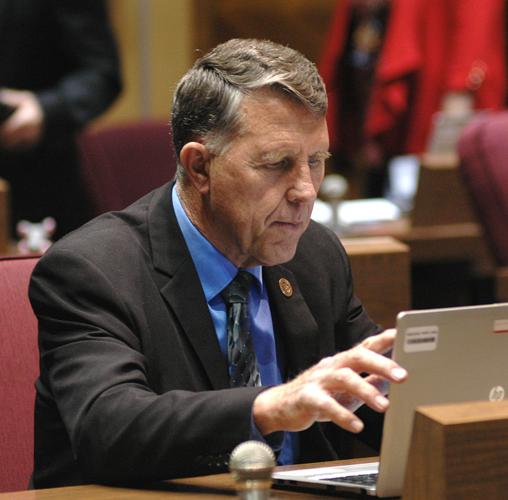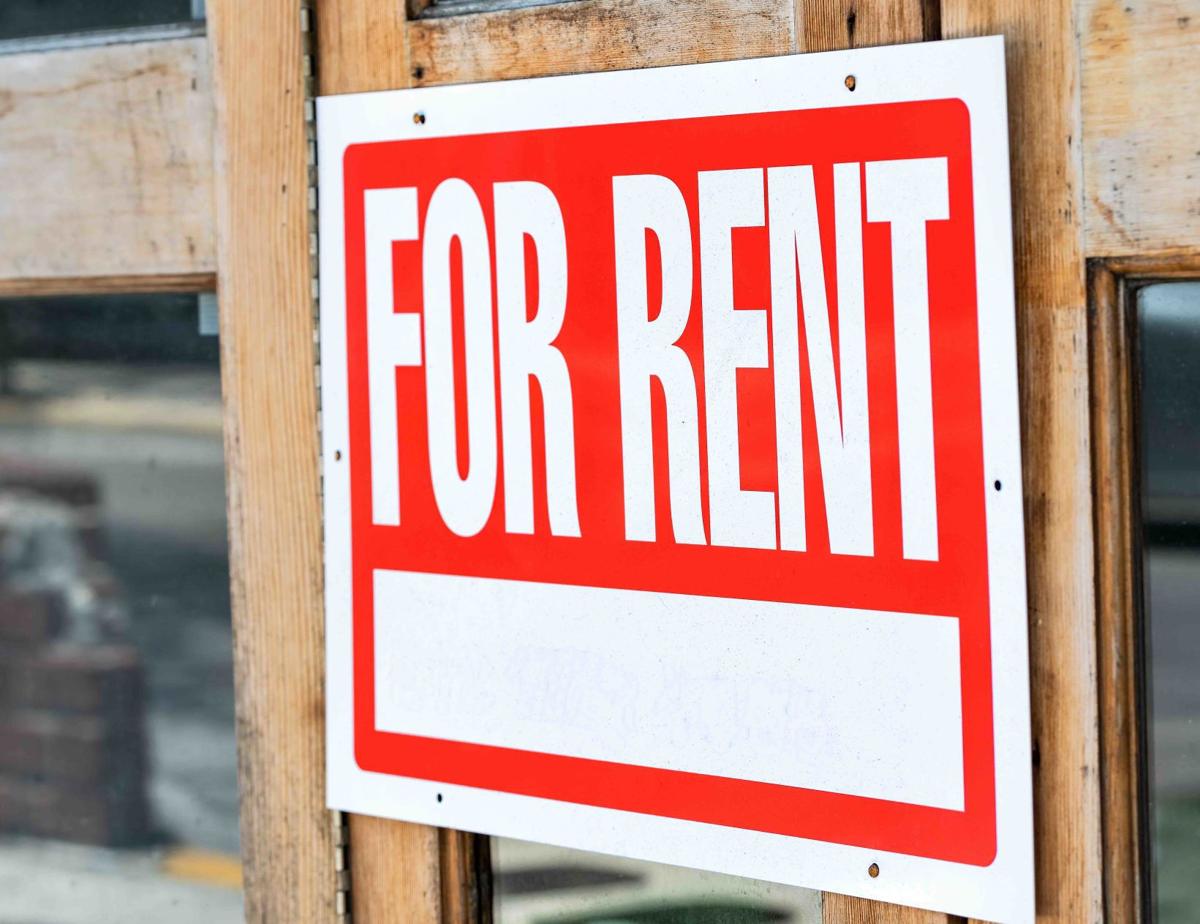By Howard Fischer
PHOENIX — The state Senate voted Wednesday to bar cities and towns from enacting any new regulations and restrictions on landlords.
The preliminary approval of HB 2115 came after Sen. David Farnsworth, R-Mesa, said the state Landlord-Tenant Act, first adopted nearly 50 years ago, “works quite well.” More to the point, he said, it helps tenants avoid confusion about what the law is when they move from one city to another.
But the preemption was sought not by tenant rights groups but by the Arizona Multihousing Association, an organization that represents landlords, in a bid to keep city councils and county supervisors from enacting mandates on them that are not required under state law.
In fact, lobbyist Jake Hinman had sought not just to keep communities from enacting new rules but also to overturn those already in existence. But he had to drop that part of the proposal in the face of opposition.
Farnsworth, however, said there has been concern about “unusual” requirements that some communities impose.
He provided no examples during Wednesday’s floor debate. But the examples most often cited by those who question local laws come from Tempe’s city code.
Among the requirements are sufficient heat to keep the apartment or home at 70 degrees, having hot water of at least 110 degrees, an eye viewer or window adjacent to the front door, and a requirement that screens be in good condition and free from holes.
Farnsworth said the statewide code, which is nowhere near as specific, provides the protections that tenants need in each community.
Sen. Martin Quezada, D-Glendale, disagreed.
“I do believe that a lot of these issues are best dealt with at the local level where city council members know the unique needs, they know the unique situations their residents are dealing with,” he said. Quezada said questions of issues between landlords and tenants are “a very local concern.”
Farnsworth, however, suggested there’s a good reason to leave these issues to the Legislature: It’s too easy for residents to convince local elected officials to put in new restrictions.
“All they have to do is have a majority vote and they can change any city law,” he said.
That, Quezada said, is how it should be. He said it is the local officials who “are the closest and pay the most attention to the needs of their local constituents.”
“Local governance is the most effective for issues such as this one,” Quezada said.
Farnsworth, however, had a different take on the whole question of what level of government is best to regulate these issues.
“Theoretically we know that if we’re close to government, that is a healthy thing,” he said.
But Farnsworth said this “long, arduous process” at the Legislature is superior to local control because it makes it harder to change things. And he said lawmakers make sure that the result “is good for everyone.”
HB 2115 already has gained House approval on a 31-29 party-line vote and now awaits a roll-call vote in the Senate before it can go to the governor.







